
ISTANBUL -- Whatever else they might say about Manchester City's first-ever treble (first of many? We'll find out...) let them not say that it was painless. Or that it didn't involve suffering. And maybe even a smattering of self-doubt. We got to the conclusion most expected: a City win over Inter Milan.
But the journey we took to get there was unexpected and, for City, uncomfortable and unpleasant and filled with far more adversity than anyone could imagine. It's one of those things that happens in sports. It was the correct outcome in terms of crowning the best team in the world. But, on the night, it served a reminder that a mean, hungry underdog can rattle even the biggest, strongest favorite.
On the flip side, Simone Inzaghi and his Inter players can say they matched City despite losing the final 1-0 and, in fact, surpassed them in a bunch of statistical categories (expected goals: 1.80 to 0.93; shots on goal: 14-7; shots on target: 6-4; big chances missed: 4-2).
- Stream on ESPN+: LaLiga, Bundesliga, more (U.S.)
That last one will hurt and it will sting Romelu Lukaku, who once suited up for City's crosstown rival Manchester United, more than most. He inadvertently got in the way of Federico Dimarco's goal-bound header with 20 minutes left to play. Then, in the 89th minute and with the whole goal to aim at, he planted a tame header right where Ederson, with lightning-quick reflexes, could parry it.
City entered the cauldron of the Ataturk Olympic Stadium as probably the biggest favorites in two decades. In the eyes of many, including the bookmakers, this was manifest destiny. The winners of the Premier League and the FA Cup against a side that finished a distant third in Serie A. Heck, even their titular owner, Sheikh Mansour bin Zayed Al Nahyan, had shown up to watch their date with history. Which is a pretty big deal when you consider that -- despite those close to him insisting he's a massive fan -- he'd only seen the team he's spent more than $1 billion on in person once before since purchasing it in 2008.
Even their coach, Pep Guardiola, normally so circumspect, said that for all the team's domestic success, "something would be missing" if they failed to lift the European Cup. It was quite the departure for a guy who normally says all the rational coach things -- from "we just want to get better every year" to "performance is what matters" and "the league is the true test, anything can happen in a cup" -- but on this occasion he let his heart and soul speak louder than his mind. He also said what most fans and media think: silverware matters.
And yet, on the night, it was far from easy. Inzaghi, the Inter coach with the hangdog expression and the understated (some might say milquetoast) manner, dug deep in his tactical toolbox and contained City until midway through the second half. And then, in a frenzied finale, saw his team create -- and miss -- a trio of massive chances to equalize. You expect favorites to stick to their game and underdogs to adapt to the opposition, looking for an edge. In the past, Guardiola had paid a hefty price for not sticking to that conventional wisdom.
Man City boss Pep Guardiola recaps his team completing the treble after beating Inter 1-0 in the Champions League final.
Many of his previous unsuccessful attempts at winning the Champions League after leaving Barcelona (and Lionel Messi) in 2012 had been marked by an unexpected curveball when a fastball would have more than sufficed, whether dropping key players out of the blue (Rodri in the 2021 final against Chelsea springs to mind) or suddenly abandoning a tried-and-tested formation.
Not this time. City set up the way everyone expected and it was Inter who adapted, not by changing scheme or personnel, but rather by reading City and making adjustments without losing their shape. The counterattack was always going to be part of the plan, but the risk was being sucked too deep and leaving themselves exposed to City's stifling possession, which, when you have so many individual match winners, is a dangerous game to play.
Inzaghi had the courage to deploy a medium block. Rather than double- or triple-teaming Erling Haaland -- who finished the season scoring 52 goals in 53 matches played across competitions -- he left the old warrior Francesco Acerbi on him, shielding him with livewire midfielder Marcelo Brozovic in front and sweeper-keeper Andre Onana to cover the ground behind. This enabled Matteo Darmian to help Denzel Dumfries with Jack Grealish down the right and Alessandro Bastoni to pick up the runs of Kevin De Bruyne (for the 35 minutes or so he was on the pitch before exiting with a hamstring injury) and Bernardo Silva coming inside on the left.
The plan blunted City's first-half possessions to the point that, other than a Haaland foray which Onana saved, the Premier League champions created very few chances. They weren't helped when they lost De Bruyne, but the broader theme was one of a City side that looked imprecise and, at times, even absent-minded.
Guardiola told his troops that Inter "are really good" and that City "needed to be patient." But was this self-doubt creeping in? Had they been too confident? Maybe the wake-up call came in the 58th minute, when Manuel Akanji's mistake freed Lautaro Martinez, one-on-one with Ederson. The Argentine had been on fire since his disappointing performances at the World Cup, scoring 20 goals in the latter half of the season, but Ederson stood tall and thwarted his finish.
Guardiola, in his technical area, had actually fallen to his knees and was on all fours when Ederson made his save. You wonder if he knew that this could have been the moment it all came tumbling down. As he got up, his expression reminded you of that scene in "Pulp Fiction" when the guy unloads his gun on John Travolta and Samuel L. Jackson and, somehow, misses them. Inzaghi reacted too, with a pirouette and a shadow right hook.
Football is the most superstitious of sports. Miss a chance and you'll be punished. And that's what happened 10 minutes later, when Rodri seized Bernardo Silva's deflected pullback and rammed it past Onana. This should have been when things got a whole lot easier. Inter having to chase, City's superior passers keeping the ball, releasing Haaland to do damage, Inter getting desperate. But less than three minutes later, with the City defence at loose ends, Dimarco hit the crossbar and, on the rebound, hit Lukaku's large frame. Then, after Onana smothered Foden's chance, came Lukaku's mega-miss (though a lot of credit should go to Ederson).
Eighteen years ago, in another Serie A-Premier League final, in this very same stadium, in the very same end, Liverpool's Jerzy Dudek had denied AC Milan's Andriy Shevchenko a similarly colossal opportunity, cuing up the most improbable comeback in Champions' League final history. This time, Ederson had denied a comeback, but his contribution was just as important. And the big Brazilian keeper came up massive at the very end of injury time again, with a lightning quick save off Robin Gosens' header.
Ederson, who sometimes gets forgotten for the simple reason that City are so complete they face very few shots, was one of the unquestioned heroes of the night, along with John Stones.
"I look back on those chances, from hitting the crossbar, to Lukaku's opportunity, to the Gosens' header and ask myself just how the ball didn't go in," Inzaghi said after the match. "And I feel physically sick. I would have wanted to play extra time; I think we deserved it."
Maybe not as sick as Guardiola felt in the palpitating finale. When, for all the hard work, for all the accolades, for all the sense of an inevitable (and deserved) march into history, his team's fate hung by a spider thread.
"You have to be lucky," he said, after admitting that City were not at their usual level. "Ederson [saves] or they miss it, it could [have been] a draw. This competition is a coin flip."
Maybe so, but this time the coin fell his way. And when you look past Istanbul over the past nine months -- heck, over the past few years -- it was fully deserved. And the fact that it came with so much suffering and uncertainty at the end can be spun both ways, depending on who is doing the spinning: it's either a sign that you were fortunate, sure, or, if you're smart -- and Guardiola can spin doctor with the best of them -- a reminder never to rest on your laurels and to push yourself as hard as you can, because the thing you hold and have built can crumble and run through your fingers like dust.
That they didn't, Guardiola said, was because it was "written in the stars." His lucky stars. And maybe, as sometimes happens, the pain makes it more real. A reminder of the immensity of what was achieved, not on the night, but throughout the season.
As for Inter, the hurt and the feeling of "sick" that Inzaghi felt will linger. But they leave Istanbul with their heads held high. This team cobbled together with free transfers and loans, this club perpetually up for sale, this fan base that has given so much unrequited love, these players many of whom face uncertain futures ... they showed they can come together and push one of the best teams European football has produced in a decade to the very brink.
That means something. So much so that when Inzaghi says that Inter "have every chance of returning to the final next year" you don't want to tell him he's deluded.


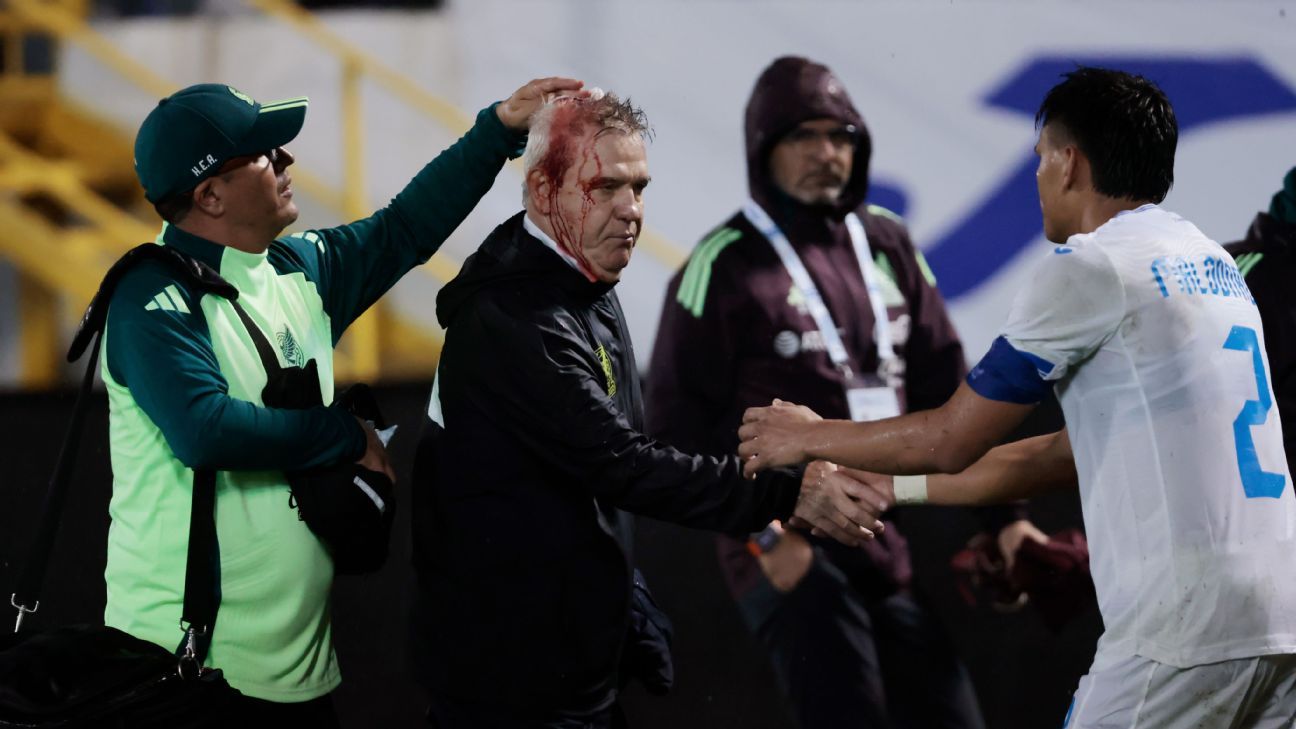
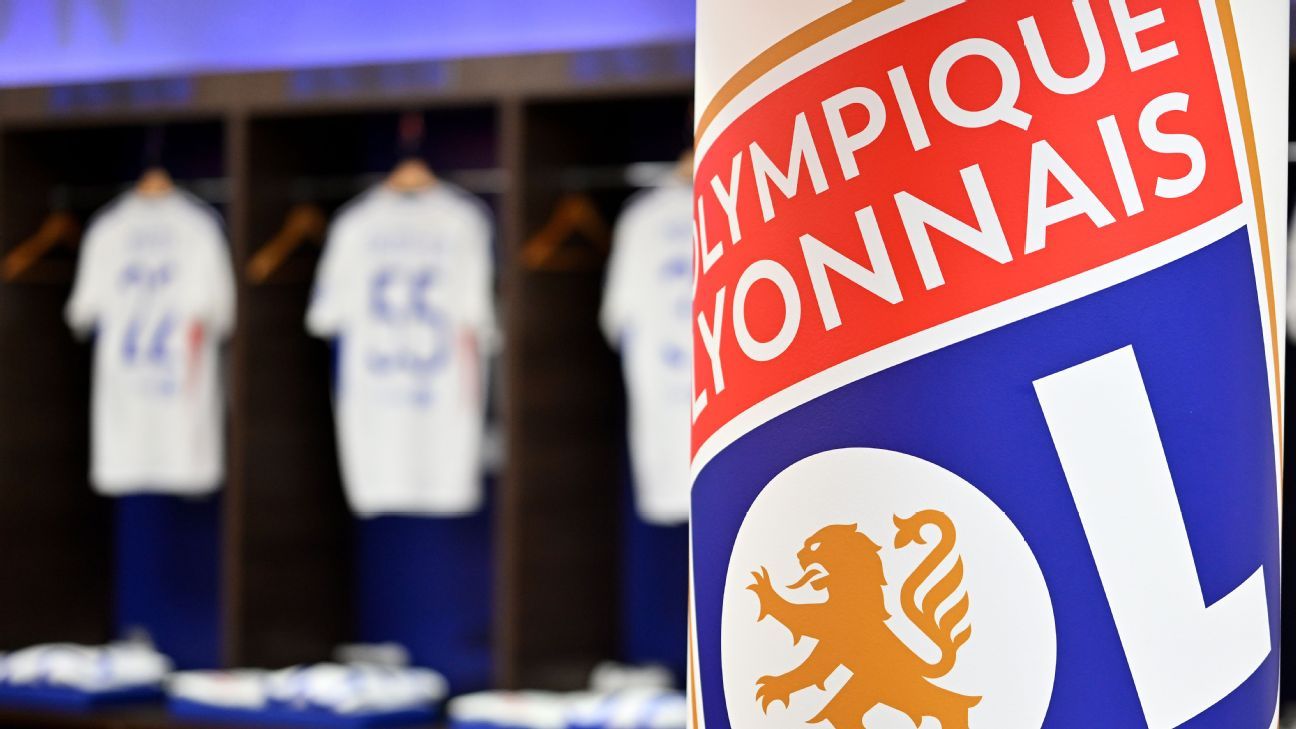






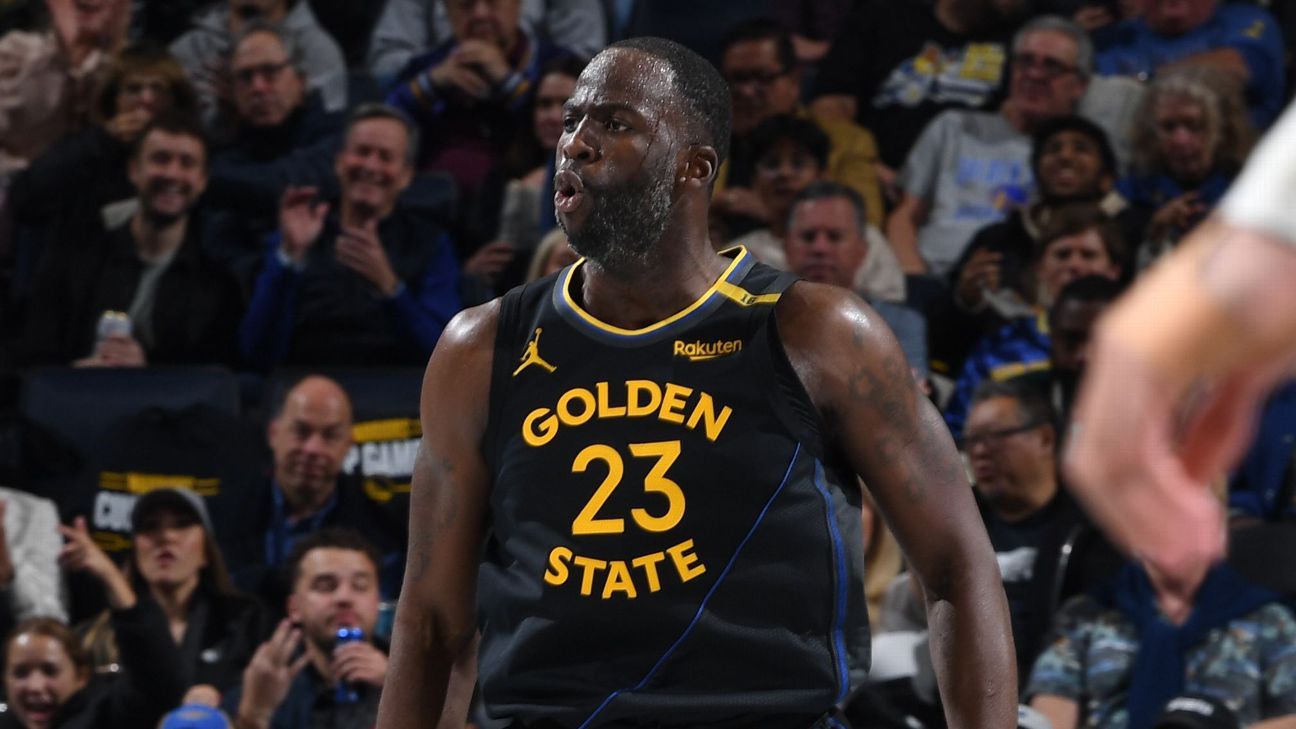
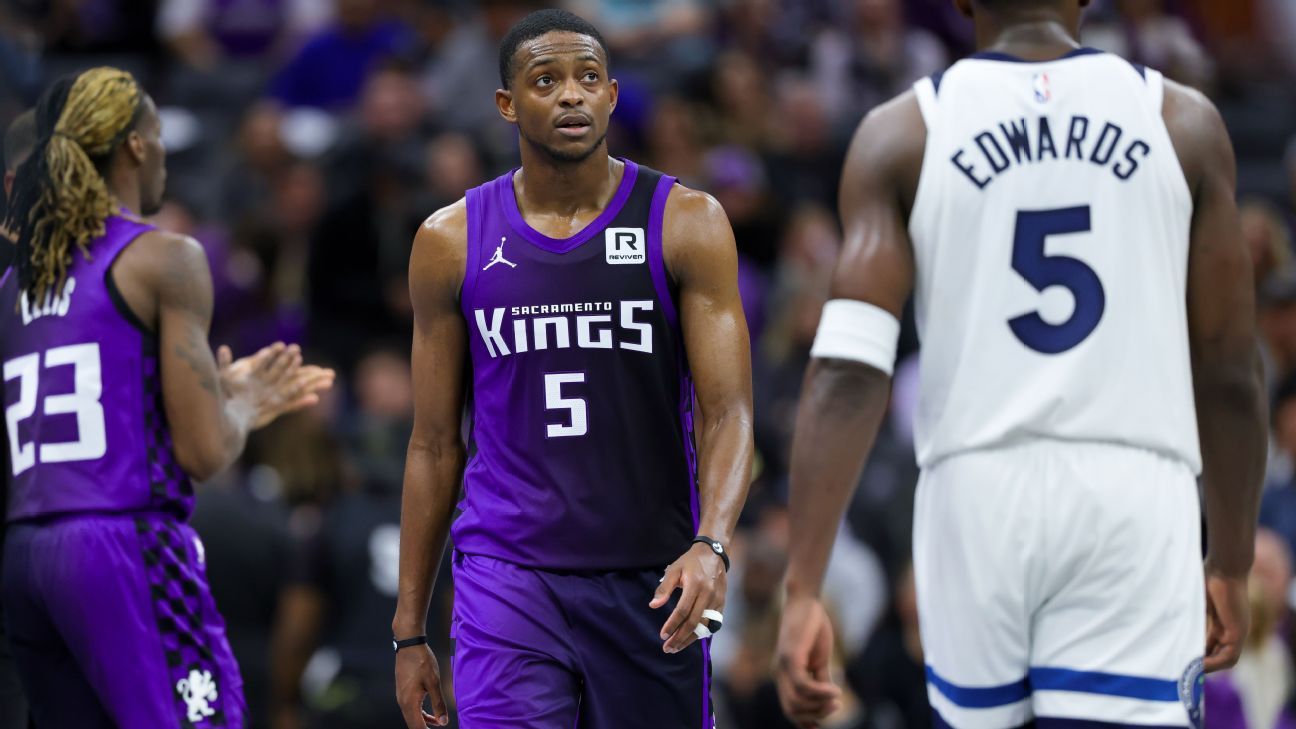
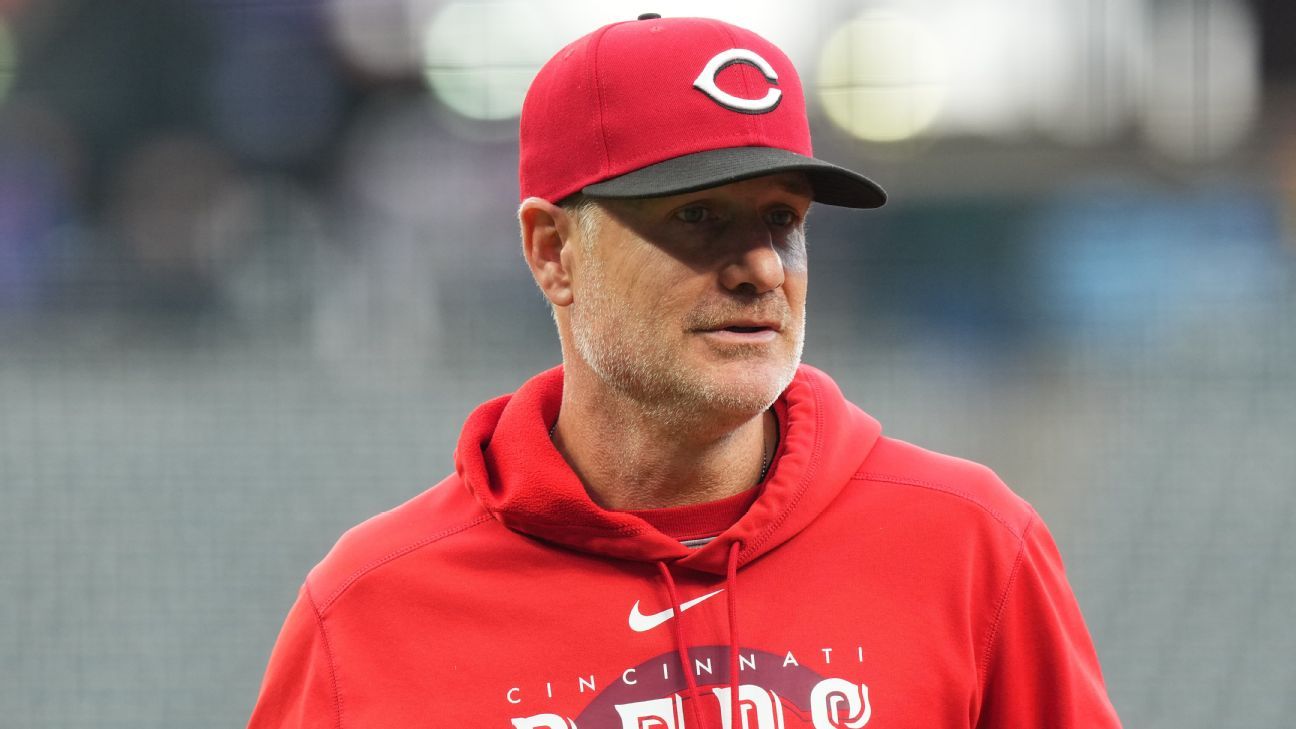
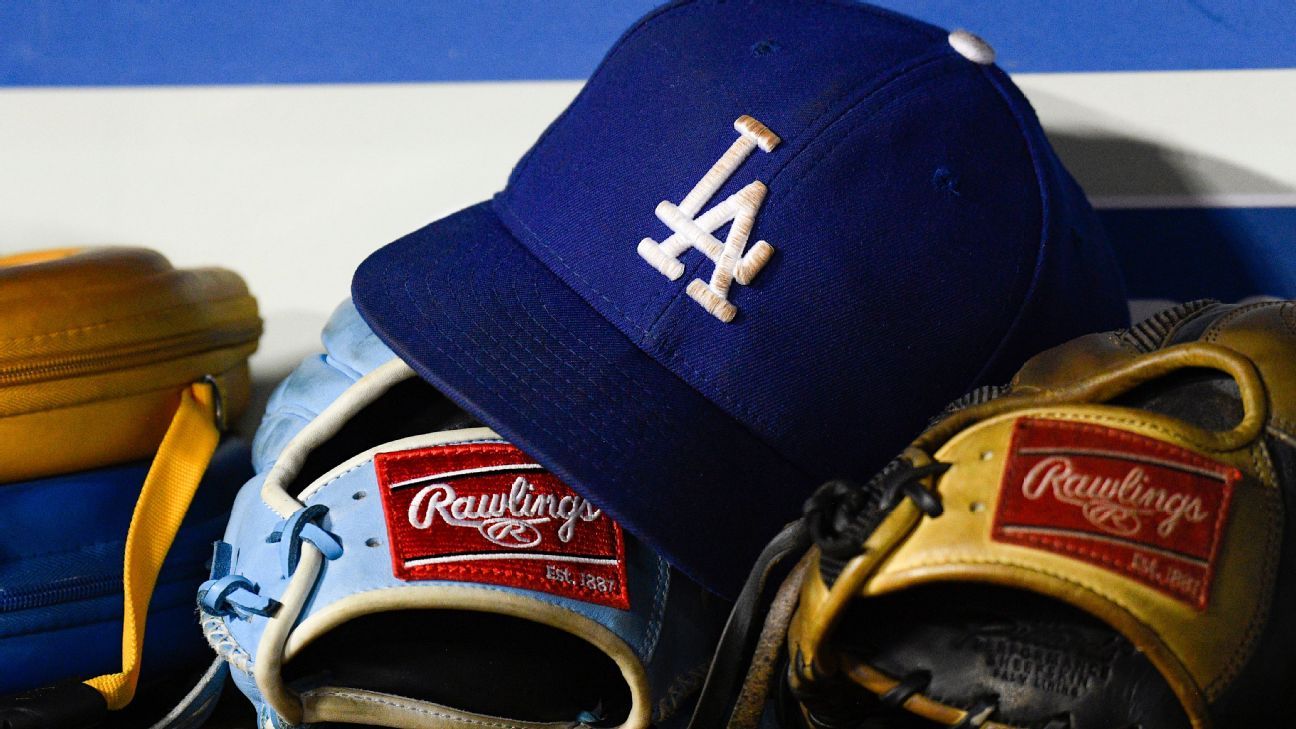

 Phone: (800) 737. 6040
Phone: (800) 737. 6040 Fax: (800) 825 5558
Fax: (800) 825 5558 Website:
Website:  Email:
Email: 






